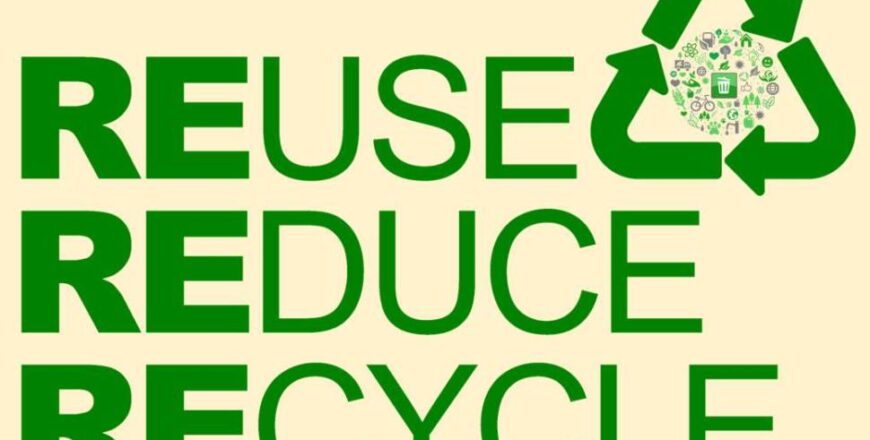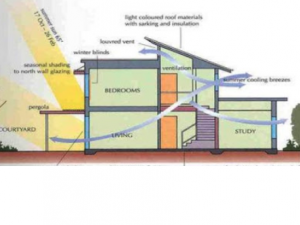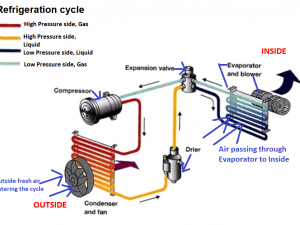Solid Waste Management
- Description
- Curriculum
- Reviews

Solid waste is the unwanted or useless solid materials, generated from human activities in residential, industrial, or commercial areas.
As human habitation started on earth same time waste generation was generated.Initially waste was biodegradable after Industrial revolution manufacturing of different materials and products started. This led to generation of large quantities of non-biodegradable waste.This generated waste has to be managed well as improper management of waste is linked to human health and environmental health.
Waste can be categorized in three ways.
According to its:
- origin (domestic, industrial, commercial, construction or institutional)
- contents (organic material, glass, metal, plastic paper, etc)
- hazard potential (toxic, non-toxin, flammable, radioactive, infectious etc).
This waste generated, is usually disposed haphazardly and results in mounds of garbage .A proper management of this waste is required, which is termed as solid waste management.
Solid Waste Management reduces or eliminates the adverse impact on the environment & human health. A number of processes are involved in effectively managing waste. These include monitoring, collection, transport, processing, recycling, and disposal.
So Solid waste management can be termed as the process of collecting and treating solid wastes. It also offers solutions for recycling items that do not belong to garbage or trash.
If not done properly leads to adverse impact, some of which is listed below:
Effects of Poor Solid Waste Management
1. Litter Surroundings
Due to improper waste disposal systems, wastes heap up and large mounds of waste are generated. This becomes a breeding ground for rodents and other pests. This affects the surroundings, environment and the community.
2. Impact on Human Health
Improper waste disposal can affect the health of the population living nearby the polluted area or landfills. The health of waste disposal workers and other employees involved with these landfill facilities are also at a greater risk.
It is said that exposure to wastes that handled improperly can cause skin irritations, respiratory problems, blood infections, growth problems, and even reproductive issues.
3. Disease-causing Pests
This type of dumping of waste materials forces biodegradable materials to rot and decompose under improper, unhygienic and uncontrolled conditions.
After a few days of decomposition, a foul smell is produced, and it becomes a breeding ground for different types of disease-causing insects as well as infectious organisms.
4. Environmental Problems
Solid wastes from industries are a source of toxic metals, hazardous wastes, and chemicals. When released to the environment, the solid wastes can cause biological and physicochemical problems to the environment that may affect or alter the productivity of the soils in that particular area.
5. Soil and Groundwater Pollution
Toxic materials and chemicals may seep into the soil and pollute the groundwater. During the process of collecting solid waste, hazardous wastes usually mix with ordinary garbage and other flammable wastes making the disposal process even harder and risky.
6. Emission of Toxic Gases
When hazardous wastes like pesticides, batteries containing lead, mercury or zinc, cleaning solvents, radioactive materials, e-waste and plastics mixed up with paper and other non-toxic scraps are burned they produce dioxins, furans, poly chlorinated biphenyls, and other gases. These toxic gases have the potential of causing various diseases, including cancer.
7. Impact on Land and Aquatic Animals
The carelessness with our waste and garbage also affects animals, and they suffer the effects of pollution caused by improperly disposed of wastes and rubbish.
Consuming Styrofoam and cigarette butts have been known to cause deaths in marine animals. Animals are also at risk of poisoning while consuming grasses near contaminated areas or landfills as the toxins seep into the soil.




